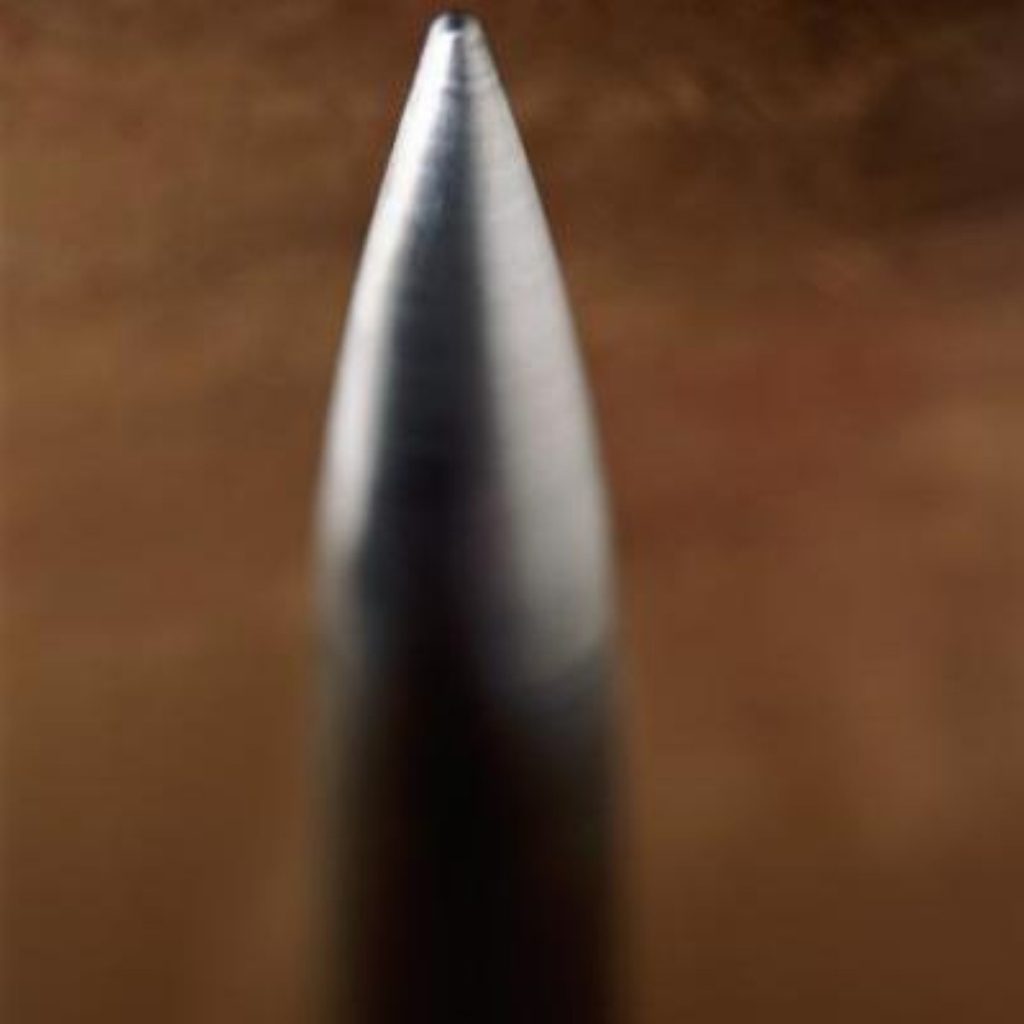Smith seeks ban on deactivated firearms
The home secretary wants to impose a ban on deactivated firearms, amid reports from the police they are increasingly fuelling street crime.
According to police estimates around 120,000 deactivated firearms are now in circulation and although some are owned by responsible owners many are increasingly used in crime.
As part of a wider crackdown on gun crime, Jacqui Smith hopes the ban will be in force by the end of 2008.
Speaking in Merseyside today she said: “Tackling gun crime is key to making people feel safer and more secure in their communities. We already have the tightest controls in Europe but there is more we can do to remove the threat of gun crime.”


Deactivated firearms, such as those collected by museums or enthusiasts, are supposed to be unusable but police warn those deactivated before 1995 – when stricter standards came into force – are increasingly being reactivated for use in criminal activities.
Ms Smith continued: “The police tell me these pre-1995 weapons are turning up more and more in gun related crime and I want to address these concerns to effectively eliminate the threat from our streets.
“I have also asked the Serious Organised Crime Agency to prioritise gun crime to ensure we are doing all we can to target the supply of guns, generate fresh intelligence and reduce the use of guns amongst serious organised criminals.”
The government maintains gun crime is rare but concedes it is a problem for some areas, such as London, Liverpool and Nottingham.
However, as any ban would potentially affect collectors including museums, the government will first consult with enthusiasts.
Ms Smith said the government would seek to balance protection for the public with the rights of responsible collectors.
Ministers hope to find a compromise that will allow genuine curators to collect legitimate firearms while giving police and enforcement agencies the power to remove black-market guns from the streets.
The government is also heartened that HM Revenue and Customs has for the first time promised to make tackling the supply of guns a priority.

